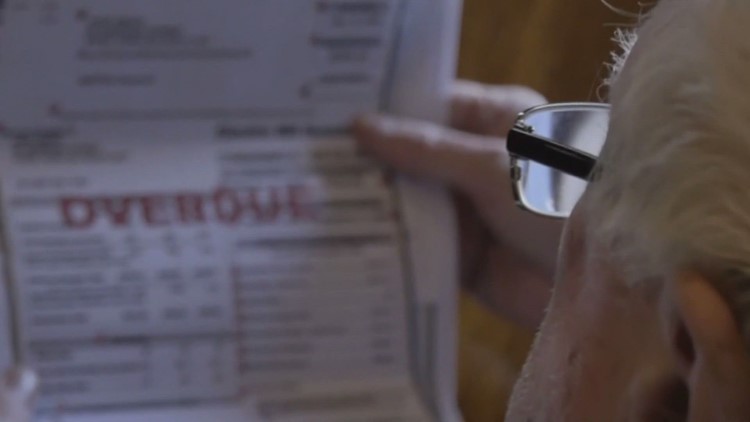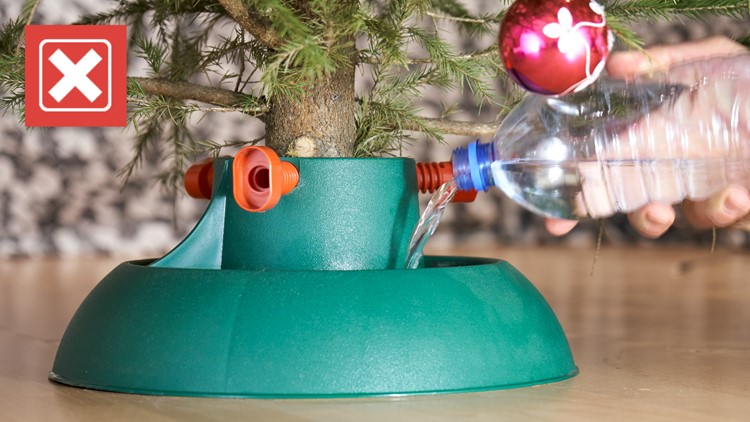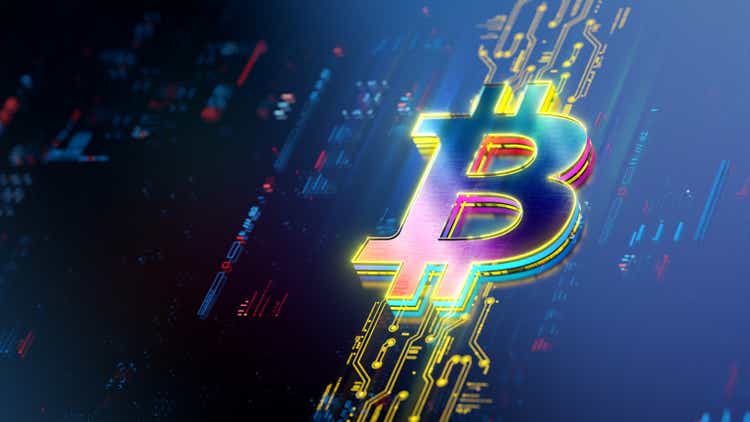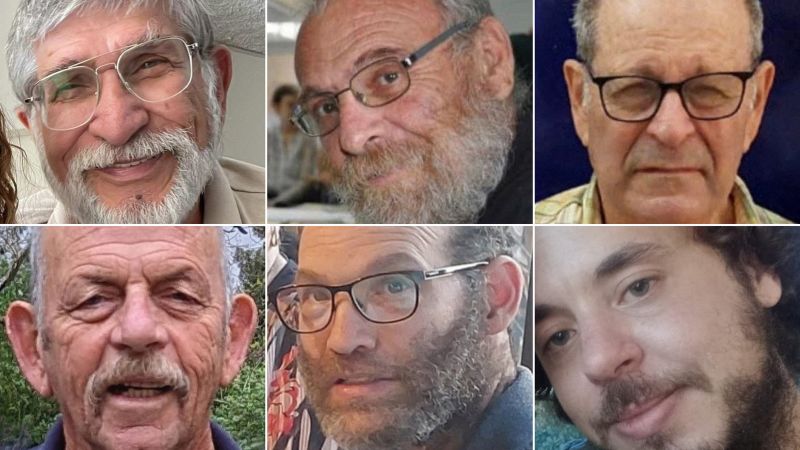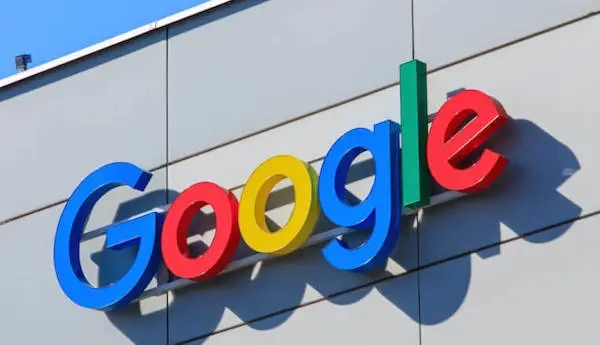
Charles Murito, Google’s head of government relations and public policy in Africa, has called on African governments to classify fibre optic cables as critical infrastructure to safeguard the continent’s communications backbone. Murito disclosed this at the Africa Tech Conference on Thursday, emphasizing the importance of protecting terrestrial and subsea fibre cables, which are essential to Africa’s growing digital economy. Murito highlighted the growing threat to fibre optic infrastructure from criminal syndicates that damage cables in attempts to steal batteries and generators from telecom tower sites.
Related Stories OpenAI adds search functionality to ChatGPT to compete with Google, Microsoft FG, Google unveil 10 Nigerian startups selected to receive N100 million AI funding He emphasized the importance of classifying fibre optic infrastructure as a critical investment, which would ensure stricter consequences for malicious damage. “When you classify that as a critical investment, then that ensures that if people maliciously damage that investment, there are stringent repercussions,” he explained. Google has heavily invested in African connectivity infrastructure, including the Equiano subsea cable linking Africa with Europe and, more recently, the Umoja cable a direct route between Africa and Australia.

The industry and telecom bosses at the event explained that improved protections for fibre infrastructure and mobile towers would offer reassurance to investors considering setting up businesses on the continent. He suggested that improved cooperation on cable-sharing agreements among internet service providers (ISPs) could reduce data costs and improve accessibility. He emphasized that the “harmonization” of policies around cable installation would simplify operations for telecom and tech companies and accelerate network expansion efforts.
Murito pointed out that although mobile internet access is critical to African economies, only 27% of the population had mobile internet access as of last year. This low penetration is partly due to inconsistent rules surrounding telecom infrastructure, which make it challenging for companies to install and maintain fibre optic networks. Governments need to streamline permissions and regulations to support the growth of these vital services.
Nairametrics reported that Google’s tools and services, including Google Search, Ads, Google Play, YouTube, and Google Cloud, contributed an estimated $1.8 billion to Nigeria’s economy in 2023 . Through its digital initiatives, Google has supported millions of Nigerians, with over 1.
5 million young adults gaining new digital skills in 2023 alone, thanks to programs like the Digital Skills for Africa initiative and the Career Certificates Program. Building on this commitment to Nigeria’s digital economy, in 2022 Google’s subsea cable, Equiano, arrived in Lagos, Nigeria . Named after the Nigerian abolitionist and writer Olaudah Equiano, the cable is expected to enhance broadband access, improve service quality, and advance Nigeria’s digital economy by 2025.
As part of a larger project connecting Portugal to South Africa along Africa’s west coast, Equiano’s arrival in Lagos marks the second African landing point..



